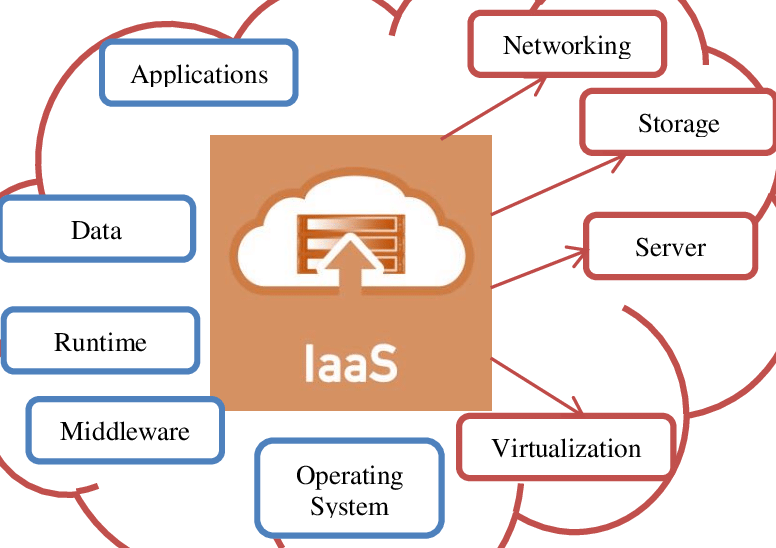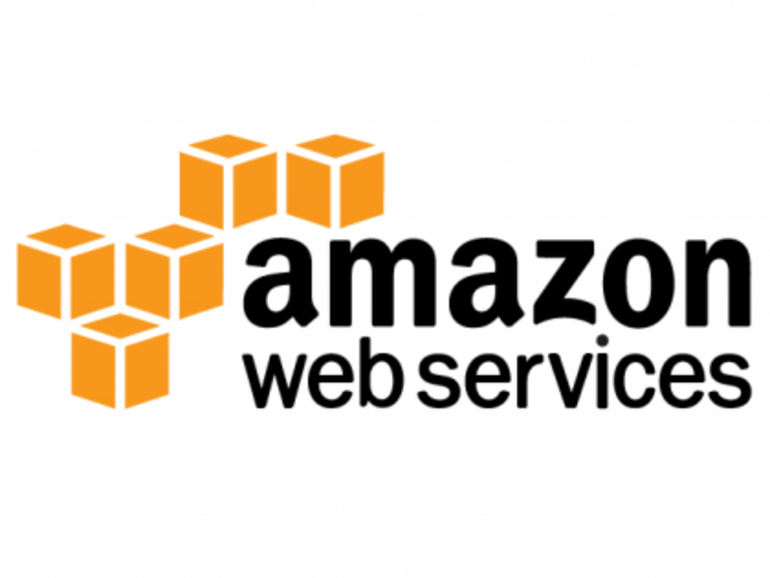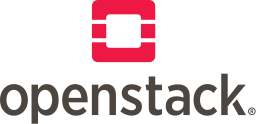What does Infrastructure as a Service (IaaS) mean?

Infrastructure as a Service (IaaS) also known as HaaS (Hardware as a service) is the process of delivering a complete compute stack as an abstract, virtualized construct, including servers, storage, networking, and operating software.
IaaS, like other service-based offerings (Software as a Service, Platform as a Service), enables users to consume only what they require while delegating complex and costly management tasks to their provider.
This type of technology is a branch of Web Hosting however is generally geared more towards large specialized applications which need to be scaled as they use more resources.
Using IaaS cloud services can ensure your company has the ability to grow and change as needed with the options to downgrade or scale resources on-demand.
Examples of IaaS software & platforms

(Diagram showcasing the various aspects covered by IaaS, Image credit)
Microsoft Dynamics CRM & other CRM marketing software:
A CRM stands for Customer Relationship Manager and is used to keep track of customer records and then leverage other marketing technologies to better manage client relationships.
Cloud hosted Microsoft SharePoint:
Microsoft SharePoint is a product used to create intranets which are websites hosted internally within a company and can include documentation among other information.
Cloud backup solutions:
These types of software help you manage backups off-site so that in the event your main site is destroyed you have a copy of all your data saved in a secure data-center in your country or another country.
Big data analytics (e.g. Hadoop, Cassandra and HPCC):
Big data analytics tools help manage information such as log files and other data generated by web applications which can be used for troubleshooting, marketing and improving products.
Cloud hosted Enterprise email solutions:
This type of software includes cloud-based email solutions such as Google’s Gsuite, Microsoft Office 365 and other providers like Zoho.
Advantages:
- Reduce expenses and optimize costs
- Allows for scalability to handle high workloads and performance/traffic requirements
- Improve stability and reliability
- Provides business continuity and disaster recovery options
- Security improvements
- Allows to get to market faster without having to worry about infrastructure investments
Disadvantages
- Pay-As-You-Go billing may not work for everyone
- Can become expensive depending on configuration and use
- Can be difficult to monitor if variables change frequently
Examples of IaaS providers:
1) Amazon Web Services (AWS)

Amazon Web Services or AWS for short is a collection of highly scalable cloud services offered by Amazon designed for use in software environments that need to be scaled up rapidly and is ideal for large flexible storage requirements.
AWS includes multiple services such as S3 (Simple storage), EC2 (Elastic compute cloud for high-load web applications) and much more making it a popular choice.
2) Microsoft Azure

Azure is a Microsoft cloud service for developing, testing, deploying, and managing software and services on Microsoft-managed servers.
It offers software as a service (SaaS), platform as a service (PaaS), and infrastructure as a service (IaaS), as well as support for a wide range of programming frameworks, including Microsoft-specific and third-party software and systems.
3) OpenStack

OpenStack is a free open standard cloud computing platform that is mostly used as infrastructure-as-a-service (IaaS) in both public and private clouds, allowing users to access virtual servers and other resources.
The platform is made up of interconnected components that control multi-vendor hardware pools of processing, storage, and networking resources across a data center.
OpenStack can be managed via a web browser as well as through programming API’s in order to manage and deploy resources.
Some of it’s features like the other cloud providers include:
- Databases
- Search capability
- Storage (fixed and flexible for scalable storage needs) (Including Object Storage)
- DNS & CDN capabilities
- Image processing and much more
4) Oracle Cloud

Oracle Cloud is a service provided by Oracle Corporation (known for their ownership of Java) that provides cloud computing.Through a worldwide network of constantly maintained data centers, it provides servers, storage, networks, applications, and services.
The company makes these services available on-demand via the Internet. These services are used in the cloud to create, deploy, integrate, and extend applications. It supports numerous open standards and third-party software and systems such as Oracle databases, MySQL, Hadoop and many other programming languages/frameworks.
Their cloud services include most of the same features as the above services and is used by many companies such as the following according to Wikipedia.
- Yum Foods
- Dow Chemical Company
- Nissan
- Yamaha and more
5) Alibaba Cloud

Next up is Alibaba Cloud which in comparison to the others is a newer player in the cloud technology space but offers many of the same features as above and is quite popular with Chinese enterprise as well as within the company’s own eCommerce ecosystem.
6) Google Cloud
![]()
Last on the list is Google Cloud which is an extension of the search giant and offers all the features shown above and can be used for scalable computing needs including storage and virtual machines.
Other technologies you may be interested in:
Conclusion

AGR Technology is a business based in Shepparton, Victoria, Australia providing services to other businesses such as SEO, Web Design and Software Development solutions.
In addition we also offer a range of Managed Web Hosting Packages for different business projects including the ability to work with more complex cloud infrastructure such as the platforms mentioned on this page and our own platforms.
If you found this page to be helpful be sure to share it with your friends and check out our glossary for more and blog for updates.
Follow us on Google and our other social profiles:
More from our glossary:
*Reference(s)/Bibliography:
Photo by Christina @ wocintechchat.com on Unsplash
En.wikipedia.org. 2021. Microsoft Azure – Wikipedia. [online] Available at: <https://en.wikipedia.org/wiki/Microsoft_Azure> [Accessed 29 March 2021].
En.wikipedia.org. 2021. OpenStack – Wikipedia. [online] Available at: <https://en.wikipedia.org/wiki/OpenStack> [Accessed 29 March 2021].
Oracle Corporation, Public domain, via Wikimedia Commons
Exploring Security Issues and Solutions in Cloud Computing Services – A Survey – Scientific Figure on ResearchGate. Available from: https://www.researchgate.net/figure/IaaS-model-with-services-provided_fig2_321637905 [accessed 25 May, 2021]
![logo-new-23[1] logo-new-23[1]](https://agrtech.com.au/wp-content/uploads/elementor/thumbs/logo-new-231-qad2sqbr9f0wlvza81xod18hkirbk9apc0elfhpco4.png)